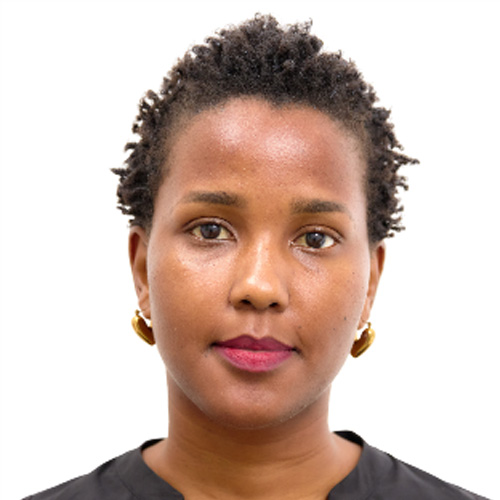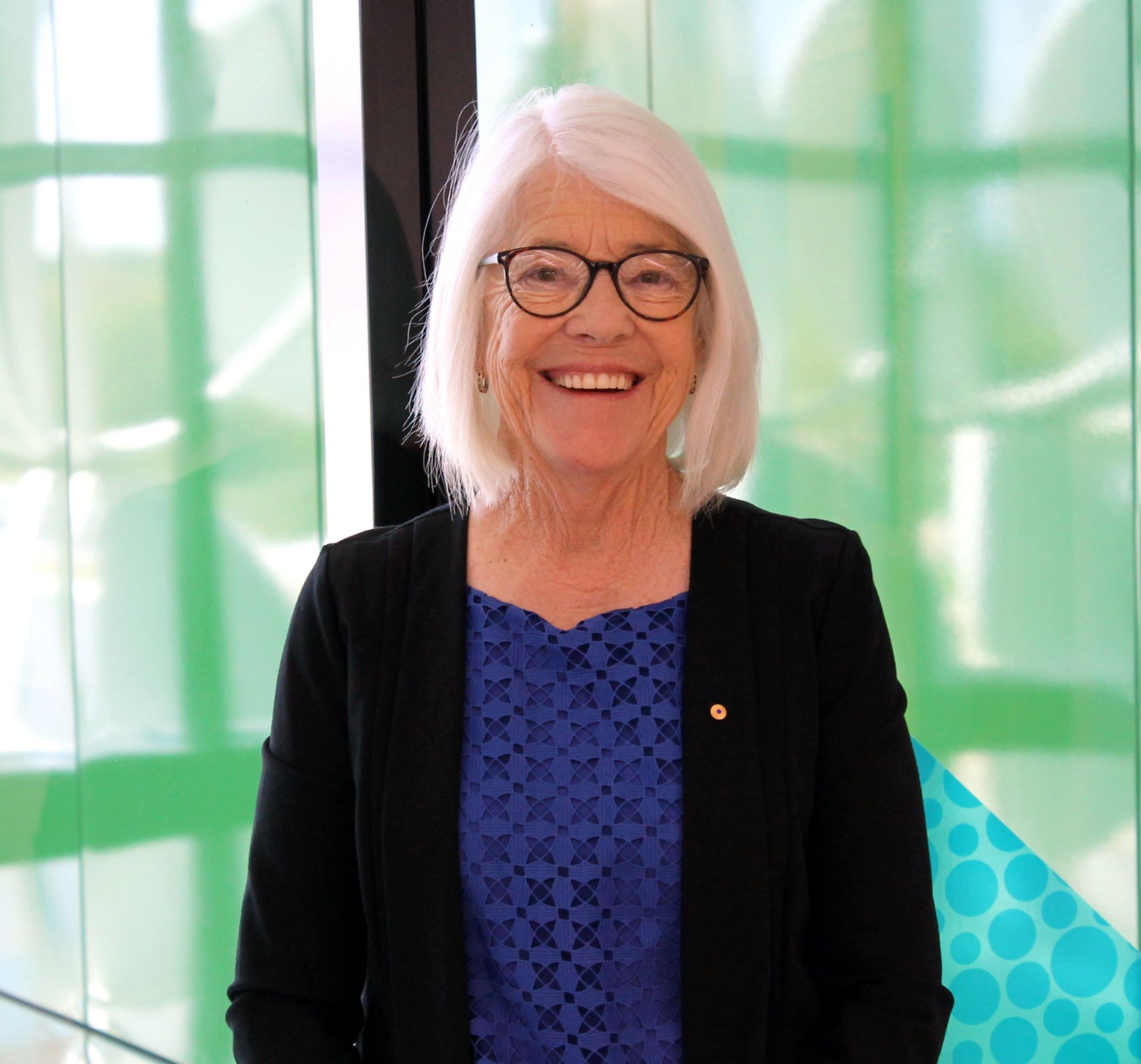Search
Showing results for "clinical trials"
Research
In their own words: advice from parents of children with cancerApproximately 770 children are diagnosed with cancer in Australia every year. Research has explored their experiences and developed recommendations for improving support provided to families. These have included the provision of psychology services, improved communication between healthcare professionals and parents, and increased information for families.
Research
Incidence and survival for childhood cancer by endorsed non-stage prognostic indicators in AustraliaNick Gottardo MBChB FRACP PhD Head of Paediatric and Adolescent Oncology and Haematology, Perth Children’s Hospital; Co-head, Brain Tumour Research
Research
Accuracy of Central Neuro-Imaging Review of DIPG Compared with Histopathology in the International DIPG RegistryDiffuse intrinsic pontine glioma (DIPG) remains a clinico-radiologic diagnosis without routine tissue acquisition. Reliable imaging distinction between DIPG and other pontine tumors with potentially more favorable prognoses and treatment considerations is essential.
Research
Ultra high-risk PFA ependymoma is characterized by loss of chromosome 6qWithin PF-EPN-A, 1q gain is a marker of poor prognosis, however, it is unclear if within PF-EPN-A additional cytogenetic events exist which can refine risk stratification.
The Opportunity This position provides the successful appointee the opportunity to work within an experienced clinical trial research team. They will

People
Herieth MboyaHerieth leverages analytics, medical and research skills to prepare input data for geospatial analyses, conduct analyses, and generate insights for MAP Dar.
Research
Pediatric Brain Tumors: Innovative Genomic Information Is Transforming the Diagnostic and Clinical Landscape.This article summarizes data from collaborative group and institutional trials that have advanced the science of pediatric brain tumors.

A legal change fought for by The Kids, consumer advocates, and others within the health sector – and hastened by the COVID-19 crisis – has brought WA into line with the rest of Australia, allowing critically ill or incapacitated patients access to potentially life-saving clinical trials.
Research
Pediatric meningioma: Current approaches and future directionWith improvement in leukemia therapy, central nervous system (CNS) tumors are the leading cause of cancer mortality in children and the most expensive...

